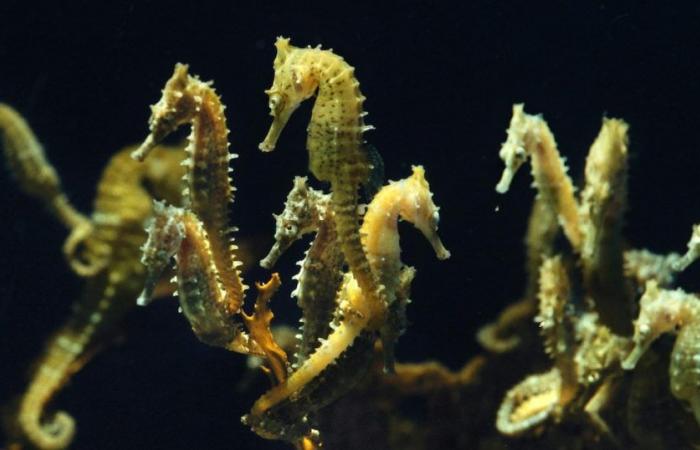
What makes the publication Science so special?
“The researchers made a meta-analysis of hundreds of studies on biodiversity and tried to make a relative estimate of which measures are the most successful. It is the most comprehensive analysis to date and it is also important that the results were also taken over the long term. We often think that something works, but we are not completely sure whether that suspicion is based on gut feeling or can be substantiated statistically. This study shows that there is an improvement in biodiversity in 45.4 percent of the cases and that in 20.6 percent there is a relatively positive impact. This means that biodiversity is declining more slowly.”
Which measures work best?
“According to the study, combating invasive species comes first, but that is because many studies were conducted in Australia and New Zealand. Cats and rats were introduced there and the local fauna and flora is absolutely not equipped for them, so exterminating those animals works effectively. In second place is nature restoration, where degraded habitats are restored. At the very bottom of the list is the demarcation of nature reserves, but that is because studies from Sub-Saharan Africa were included that did not take into account the needs of the local population. If you demarcate an area and do not consult with the local population who depend on it, this will have negative effects.
“The geographical bias explains why nature reserves perform worse in this study, because here, for example, something like this is legally enforced. The disadvantage of such a global analysis is that measures actually depend on the local situation. And in any case, too little research is still being done in Sub-Saharan Africa and the global South, which has an impact on a publication like this.”
How difficult is it to estimate whether a plan will work?
“Ecosystems are extremely complex. There is an interaction between different species. For example, if you take a nature conservation measure aimed at herbivores, it will have multiple effects on the entire food net. The study also shows that in a fifth of cases the target species actually declines as a result of the measure. For example, protected marine areas for Australian seahorses were created, but this also expanded the habitat of the predators and ultimately fewer seahorses remain. It proves that you should think carefully before you do something.
“For example, if you combat Japanese knotweed in our country with herbicides, this can also have negative consequences. Large studies like this help to see what is successful and what is not. Because after an intervention it often takes ten to fifteen years before you see any consequences. And even then, there are not always means to monitor those repercussions. So you cannot act carelessly.”
What can Belgian policy makers take away from the research?
“The European nature restoration law is controversial and has already been watered down. Yet this publication shows that restoration of degraded nature reserves is a good way to promote biodiversity. We can also learn lessons from the report when it comes to the impact of combating invasive species. The Chinese mitten crab eats just about everything it comes across, but it has now been statistically proven that well-considered control increases biodiversity. Even on a small scale you can already see positive consequences.”
Tags: Nature protection measure herbivores effect entire food net carefully considered





